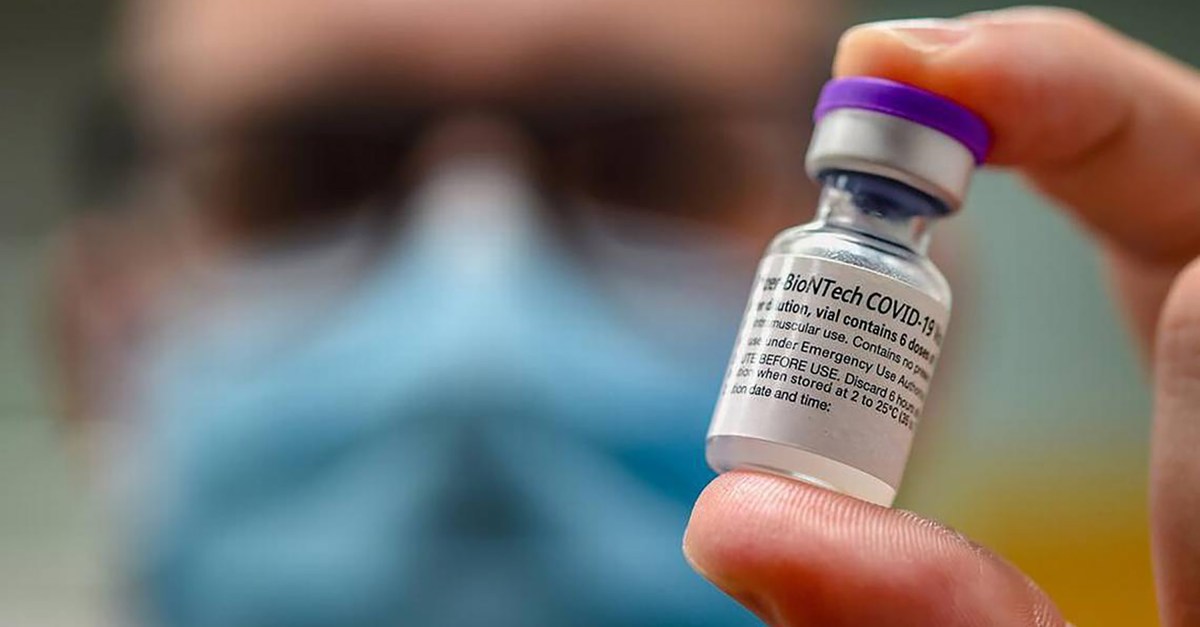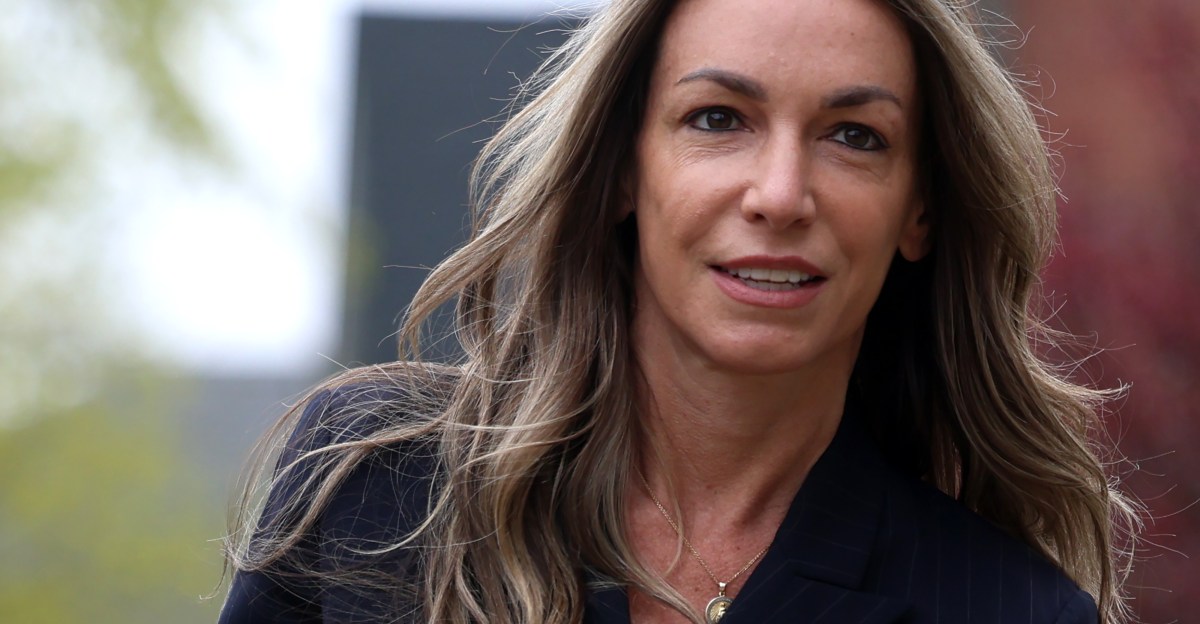Now Reading: Did our politics fail us during Covid?
-
01
Did our politics fail us during Covid?
Did our politics fail us during Covid?

Many stories have emerged from the Covid pandemic, but when examined closely, a significant number are intertwined with politics. It revolves around who was responsible for making decisions, setting priorities, determining significance, identifying those who suffered the most, and understanding the reasons behind these outcomes.
Frances Lee, a professor at Princeton University specializing in politics and public affairs, has co-authored a new book titled “In Covid’s Wake: How Our Politics Failed Us.” This book meticulously analyzes our response to Covid as a test of our political system. Lee and her co-author, Stephen Macedo, scrutinize various truth-seeking institutions such as journalism, science, and universities, evaluating their performance during the crisis.
The book does not aim to assess Covid policies or assign blame to individuals. Instead, it focuses on the quality of discussions and deliberations surrounding these policies. The authors emphasize the importance of understanding the breakdowns that occurred during the Covid response, as similar shortcomings could arise in future crises.
In an interview on The Gray Area podcast, Lee shares her insights on the key political lessons learned from the pandemic. The full podcast episode offers more details, available on platforms like Apple Podcasts, Spotify, Pandora, and others. New episodes are released every Monday.
The interview has been edited for brevity and clarity.
Reflecting on the debate surrounding the country’s response to Covid, Lee points out that decisions made in the early stages of the pandemic deviated from established pandemic management guidelines. She highlights the global shift towards strategies initiated in Wuhan and Italy, despite the lack of scientific evidence supporting their effectiveness.
Lee raises concerns about the decision-making process during the crisis, emphasizing the trade-offs between saving lives and considering broader societal implications. She underscores the need for policymakers to acknowledge uncertainties and limitations when formulating strategies, rather than relying on untested measures.
Regarding the transparency of health officials’ communication, Lee discusses instances where public statements differed from private acknowledgments, citing examples from Deborah Birx’s memoir. She critiques the dissemination of misleading information, such as overemphasizing the efficacy of vaccines in preventing transmission.
When questioned about the ethical dilemma of withholding information for perceived greater good, Lee stresses the importance of embracing uncertainty and acknowledging the limitations of scientific knowledge. She emphasizes the role of critical thinking and accountability in challenging policymakers’ decisions.
Lee concludes by emphasizing the significance of embracing uncertainty, continuous learning, and fostering dialogue across political divides. She cautions against moralizing debates and encourages open-minded engagement with differing perspectives to navigate future crises effectively.
The Covid pandemic revealed societal divisions and challenges in policymaking, prompting a reevaluation of decision-making processes and the role of truth-seeking institutions in shaping public discourse.






